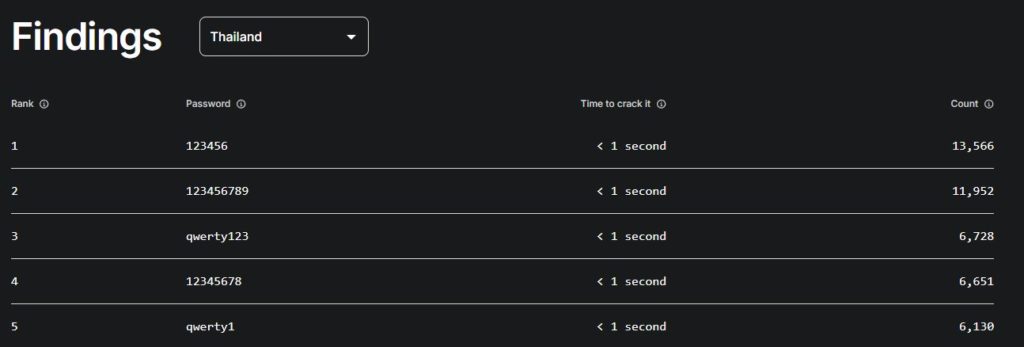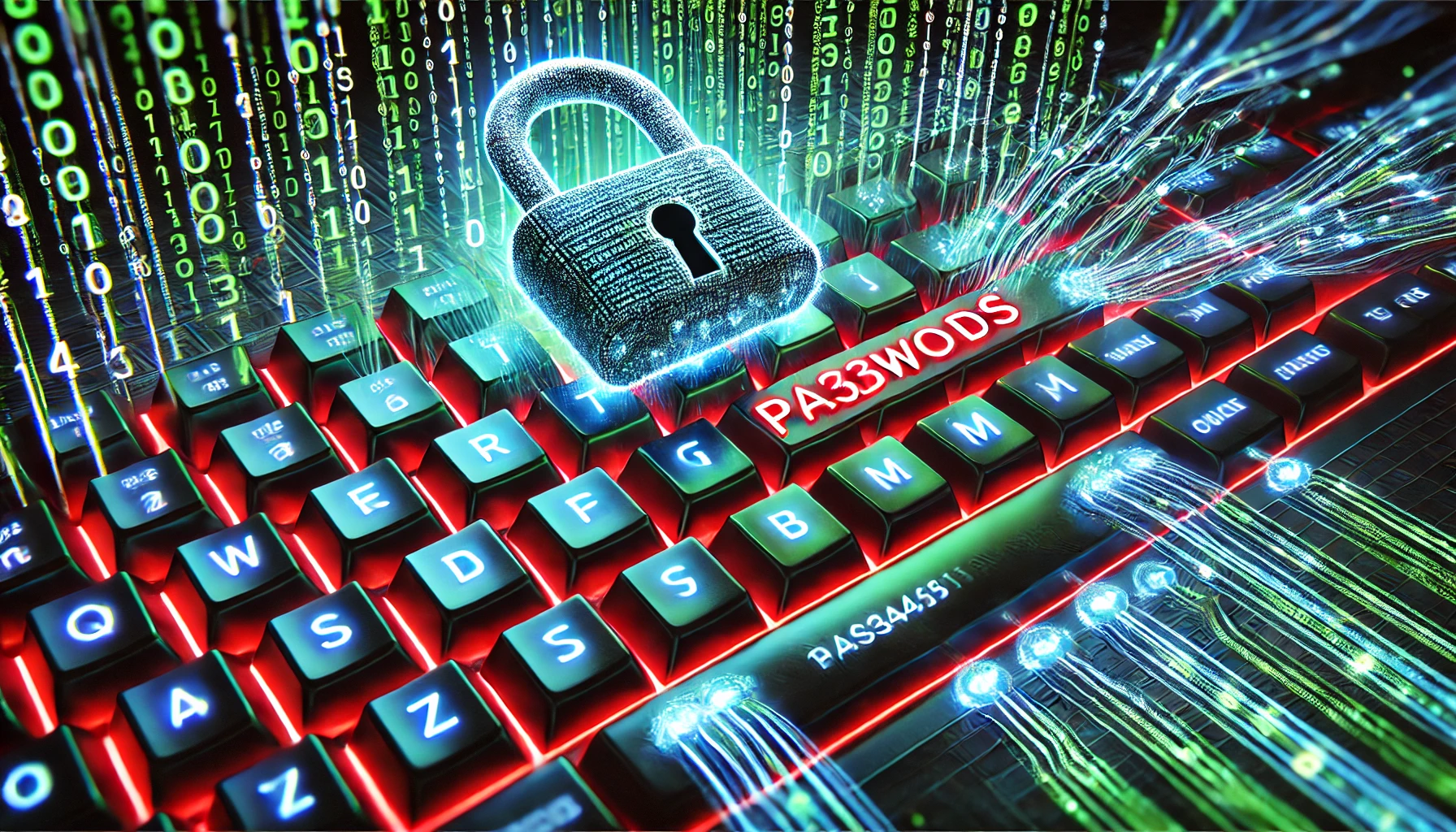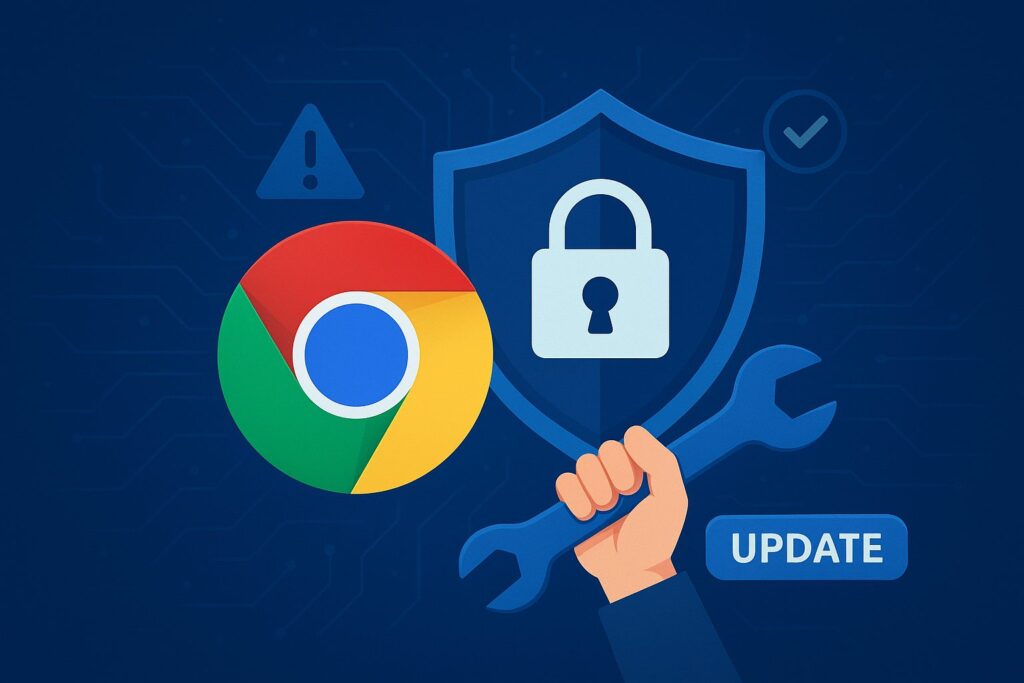The latest annual study from NordPass on the 200 most common passwords globally highlights a persistent issue: many people continue to choose weak and predictable passwords, leaving their accounts highly vulnerable to cyberattacks.
Key Findings
- Most Popular Passwords: “123456” remains the most widely used password worldwide, followed closely by “123456789” and the aptly named “password.”
- Regional Variations: In the US, the most frequently used password is “secret,” closely followed by “123456.” Meanwhile, in Thailand, “123456” is the most popular password, with 13,566 instances.
- Corporate Vulnerabilities: Alarmingly, “password” is still the most popular choice for corporate accounts, despite mandatory privacy training in many organizations.
- Security Implications: Most of these passwords can be cracked in less than a second, posing significant risks to personal and professional accounts alike.

How to Improve Your Digital Security
Weak passwords aren’t just inconvenient—they’re an open door for hackers. To better protect your accounts:
- Create Complex Passwords: Use a mix of letters, numbers, and special characters. Avoid using easily guessable information like your name or birthdate.
- Enable Multi-Factor Authentication (MFA): Adding an extra layer of security significantly reduces the likelihood of unauthorized access.
- Adopt a Password Manager: Using Password Management’s tools can generate and securely store strong, unique passwords for all your accounts..
Suggestions for Businesses and Individuals
- For Organizations: Consider conducting regular cybersecurity training to emphasize the importance of strong passwords and the use of MFA. Implement password policies that require complexity and regular updates.
- For Individuals: Treat your passwords like the keys to your digital life. Regularly update them, and never reuse the same password across multiple accounts.
By making these small changes, both individuals and organizations can significantly enhance their digital security and reduce the risk of becoming easy targets for cybercriminals.







